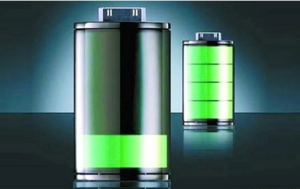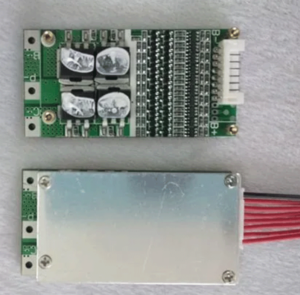Electrolyte is a vital component of lithium batteries, and insufficient or excessive amounts will have a negative impact on battery performance. This article will analyze the impact of insufficient and excessive electrolyte on the performance of lithium batteries and explore corresponding solutions.

1 Introduction
Lithium batteries are batteries that use lithium ions as charge carriers. They have the advantages of high energy density, long life, and lightweight, so they are widely used in various fields. As an important component of lithium batteries, electrolyte is insufficient or excessive in quantity and will have a negative impact on battery performance. Therefore, an in-depth understanding of the impact of insufficient or excessive electrolyte volume on lithium battery performance is of great significance for improving the performance and safety of lithium batteries.
2. The impact of insufficient electrolyte on battery performance
First, insufficient electrolyte will cause ion transmission inside the battery to be blocked, thereby affecting the battery’s discharge and charging rate.
Second, insufficient electrolyte will prevent the lithium ions inside the battery from being fully utilized, thereby reducing the energy density and cycle life of the battery.
Third, insufficient electrolyte will also cause the temperature inside the battery to rise, increasing battery safety risks;
Fourth, the contact surface between the electrode and the electrolyte is reduced, which hinders the progress of the electrode reaction and increases the internal resistance of the battery.
Measures to solve insufficient electrolyte volume:
One is to optimize the composition and ratio of the electrolyte to ensure that the proportion of solute and solvent in the electrolyte is appropriate;
The second is to improve the design and manufacturing process of the battery to improve the distribution and transmission efficiency of electrolyte in the battery;
The third is to strengthen the monitoring and management of electrolyte, and promptly discover and solve the problem of insufficient electrolyte volume.
3. The impact of too much electrolyte on battery performance
First, too much electrolyte will increase the internal resistance of the battery and reduce the battery’s discharge and charging rate.
Second, too much electrolyte will cause the lithium ion concentration inside the battery to be unstable, thus affecting the energy density and cycle life of the battery.
Third, too much electrolyte will increase the self-discharge rate of the battery and reduce the storage stability of the battery.
Fourth, the contact surface between the electrode and the electrolyte increases, which accelerates the reaction between the electrode and the electrolyte and increases the battery output current.
Measures to solve the problem of excess electrolyte: First, optimize the concentration and ratio of electrolyte to ensure that the proportion of solute and solvent in the electrolyte is appropriate; second, improve the design and manufacturing process of the battery to increase the concentration of electrolyte in the battery. The distribution and transmission efficiency; the third is to strengthen the monitoring and management of electrolyte, and promptly discover and solve the problem of excessive electrolyte volume.
4 Conclusion
Insufficient or excessive amounts of electrolyte will have a negative impact on the performance of lithium batteries, so corresponding measures need to be taken to solve it. By optimizing the composition and ratio of the electrolyte, improving the design and manufacturing process of the battery, and strengthening the monitoring and management of the electrolyte, the impact of insufficient or excessive electrolyte on battery performance can be effectively reduced and the performance of lithium batteries improved. Performance and security. We hope that the content of this article can provide some reference and help for the research and application of lithium batteries.




